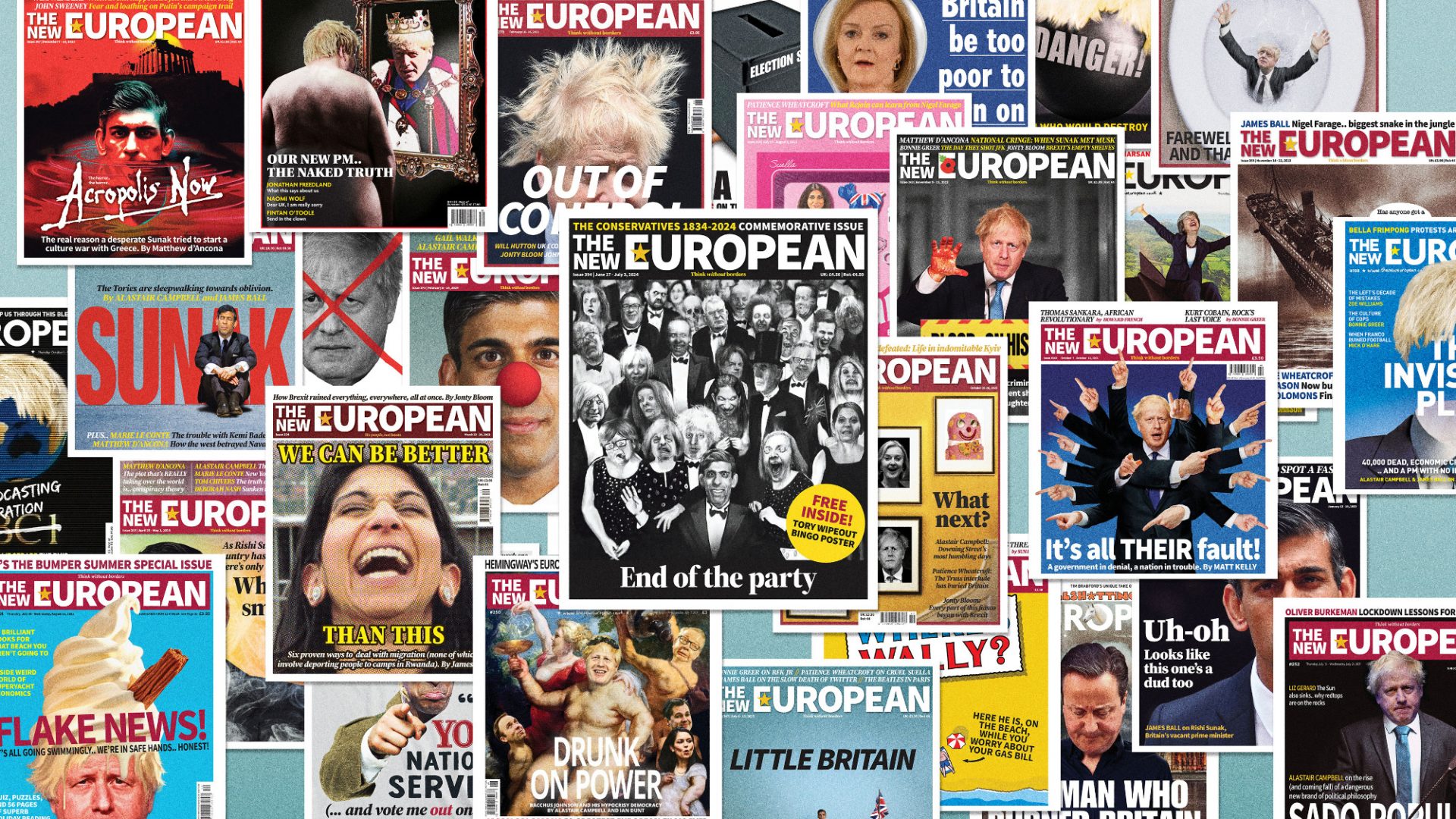In the decades ahead, it seems likely to me that the general election of July 2024 will be remembered for the important things that were not talked about rather than the irrelevant or imaginary things that were.
Labour ran on the Conservatives’ record. Bafflingly, so did the Conservatives. But no one told it like it really is.
Except perhaps for the Institute for Fiscal Studies, the pre-eminent think tank on tax and spending policy in the country. Its analysis has been used for decades by every journalist, researcher, expert and government department that wanted an independent voice and clear eyes.
No budget, financial statement or political spending plan can be reported on seriously until the IFS has crunched the numbers, spotted the hidden tax rises, the secret slashing of departmental budgets and the dodgy and unachievable predictions that underlie the government’s or the opposition’s policies.
In short, we should listen to what it has to say, and what it said loud and clear during this election was that both the Conservative and Labour manifestos left voters guessing over future tax and spending plans – and that the holes in both parties’ policies are so large that we should all be in serious doubt about the future size and shape of the state itself.
The facts are these: debt is at its highest level for 60 years. Taxes are pretty much at their highest ever level in the UK and have risen in the last parliament by more than at any time since the second world war.
Spending has risen: the fourth largest increase in spending as a percentage of national income ever. Yet public services are struggling, and I would say they need far more spent on them if they are to avoid collapse.
The explanations for this mess are obvious. We are spending £50bn more a year on debt interest than forecast. The welfare budget is rising, as is spending on the NHS (but not by enough), defence spending needs to rise, and we have an ageing population that demands increasing amounts of welfare, care and health spending.
There is the transition to net zero to pay for – and then we have had decades of low growth, the pandemic, the energy price surge and that other elephant in the room, Brexit, which has cost the government another £40bn a year in revenue (my figure – not the IFS’s).
That is the problem, and it is not going anywhere. The solutions are stark and obvious. One of three things must happen: either UK taxpayers are going to have to pay more; or the government is going to have to borrow much more; or we will have to manage with a much smaller state.
Since one of the major problems with the country is the parlous condition of state-run institutions after 14 years of austerity, the room for manoeuvre in cutting spending is very limited, verging on non-existent.
Care, health, local government, prisons, the courts, education, and defence all need more money; the room to cut anything else is minimal. As the IFS’s director, Paul Johnson, puts it: “These facts are largely ignored by the two main parties in their manifestos.” It is, he says, a “conspiracy of silence”.
Even hitting the current five-year target to start reducing borrowing is going to be difficult, and that is about the only serious commitment in either manifesto.
Both parties claimed that closing down tax loopholes would raise an extra £5bn. However, as the IFS points out, most of this “lost” taxation is not being syphoned off by dodgy billionaires, but is missing from small companies and the self-employed, so even this policy is going to hurt. Neither party wants to admit this.
Nor are they mentioning the fact that frozen tax allowances are in effect a creeping tax rise that will bring in another £10bn a year.
The truth is, that pathetic level of national investment in the UK will probably suffer even more, even if the result is the one we all expect. Labour’s commitment to spend more on greening the economy implies an overall cut in investment. It is the very last thing the British economy needs.
Both sides were so desperate to win this election that they ruled out any and all tax rises. This either limits the ability of the next government to do any of the many things that are necessary, or it means they will have to break their word.
You do get the sense that Johnson is pulling his hair out in frustration. As he points out, both main parties say they intend to fix the NHS and that their plans are “fully costed”, but since neither seems to have found any more money to fix the NHS this is obviously not true.
Or as Johnson puts it: “Both parties want to reverse nearly a decade of rising waiting times. Both reaffirm their commitment to the NHS England workforce plan. Build more hospitals. Expand mental health services. The list goes on. These ‘fully costed’ manifestos appear to imply all this can be delivered for free. It can’t.”
There is, of course, one policy success that just might make all these problems go away. A long, sustained and highly improbable period of above-trend growth. By which I mean returning to the pre-credit crunch boom times when the economy grew at more than 2% a year for well over a decade.
But there are several problems with that scenario. The first is that the boom ended with the credit crunch, which showed us that much of the growth and the tax revenues that came with it were the product of a one-off speculative bubble and that we were nowhere near as wealthy as we thought we were.
The second is that UK growth and productivity has been in the doldrums for 15 years now and no one thinks it will soar anytime soon, if ever. The third is that the policies that might increase the growth rate mean more, not less, government spending. The fourth is that, even then, there might not be enough money.
Fortunately, the electorate seems not to believe either of the big parties and fully expects higher taxes, or more borrowing, or worse services, whoever wins. I suspect that, deep down, they know we need more government investment, not less. More spending on education and health, not less. More foreign investment, not less. More tax revenue, not less.
There is of course one other way to increase growth – by reversing Brexit. Ending Brexit would be a huge boost to growth, would bring in investment, business, and tax revenues.
But no one is mentioning that either. A conspiracy of silence indeed.




